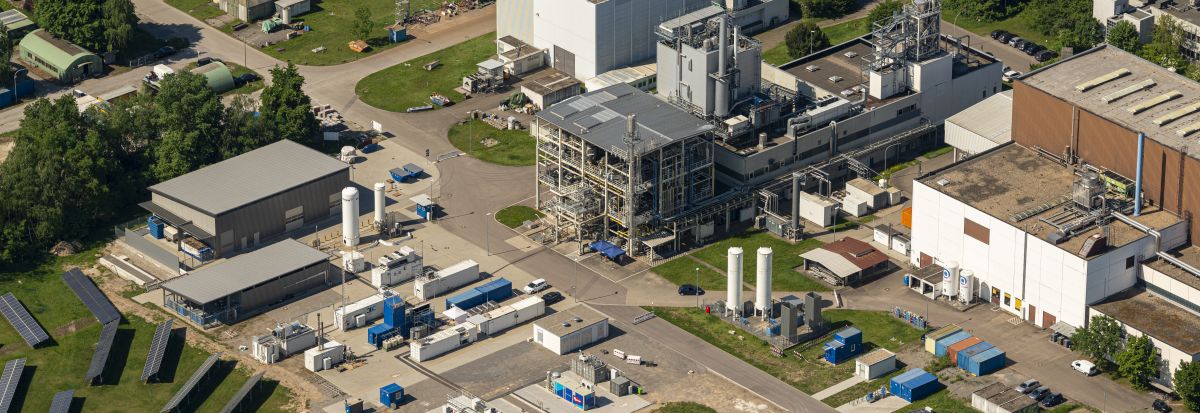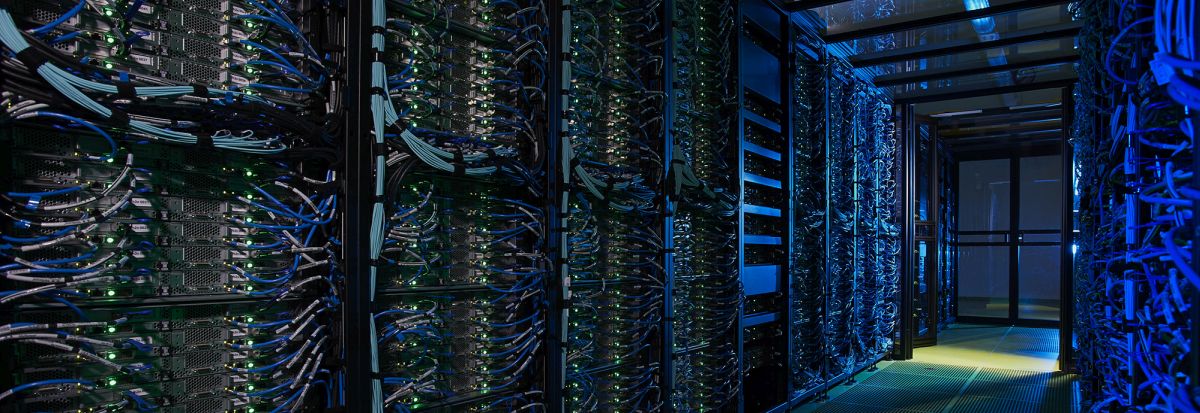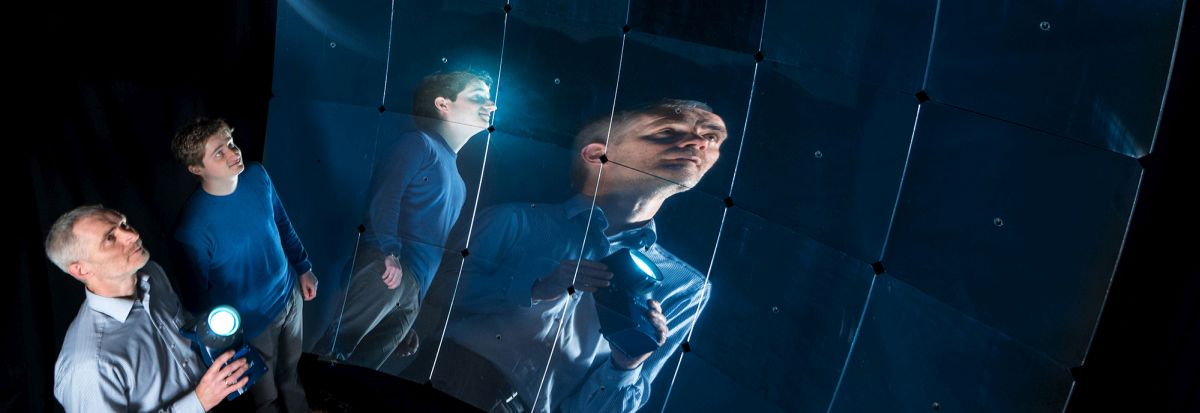Helmholtz Programs
In fulfilling its mission as a national research center, KIT conducts research to make excellent contributions to solving the big and urgent problems facing society, science, and industry. These research and development activities are embedded in the superordinate program structure of the six research fields of the Helmholtz Association.
In the fourth programme-oriented funding phase (PoF IV) from 2021 to 2027, KIT is involved in all eleven research programmes of four research fields. KIT operates the Grid Computing Centre Karlsruhe (GridKa), one of the tier1 computing centers for storing and processing data from the LHC experiments at the European Organization for Nuclear Research CERN.

Energy
In the Research Field Energy, KIT focuses on the energy transition through participation in the two new PoF IV programmes “Energy System Design” and “Materials and Technologies for the Energy Transition.” In addition, the “Nuclear Fusion” programme covers major challenges associated with the use of nuclear fusion as a primary energy source. The programme “Nuclear Waste Management, Safety and Radiation Research” provides expertise for nuclear safety research and safe nuclear waste management.
In 2025, KIT will be involved in all four Helmholtz programmes with a budget of about EUR 154 million.

Earth and Environment
In the Research Field Earth and Environment, climate research will be strengthened with respect to big data analysis within the projects Digital Earth and Earth System Modelling. In 2025, KIT will be involved in two topics of the Helmholtz programme “Changing Earth – Sustaining our Future” with a budget of EUR 31 million. KIT will coordinate the topic “The Atmosphere at a Time of Global Change”. To a smaller extent, it will participate in the topic “Sustainable Bioeconomy, Harnessing the Potential of Nature.”

Information
In the Research Field Information, KIT focuses on cybersecurity. Other important topics to KIT are quantum technologies and in particular quantum computing and information-based materials sciences.
In 2025, KIT will be involved in 12 of 14 topics of the 3 Helmholtz programmes in this Research Field with a budget of EUR 114 million.

Matter
In the Research Field Matter, KIT concentrates on elementary particle physics, including use of the large-scale facility GridKa, astroparticle physics with neutrino physics, the search for dark matter and investigation of cosmic radiation, on studies as to how smallest building blocks develop to complex forms and materials, and on the development of detector and accelerator technologies.
In 2025, KIT will be involved in the three Helmholtz programmes of the Research Field Matter and operates the Grid Computing Centre Karlsruhe (GridKa) with a budget of EUR 66 million.
